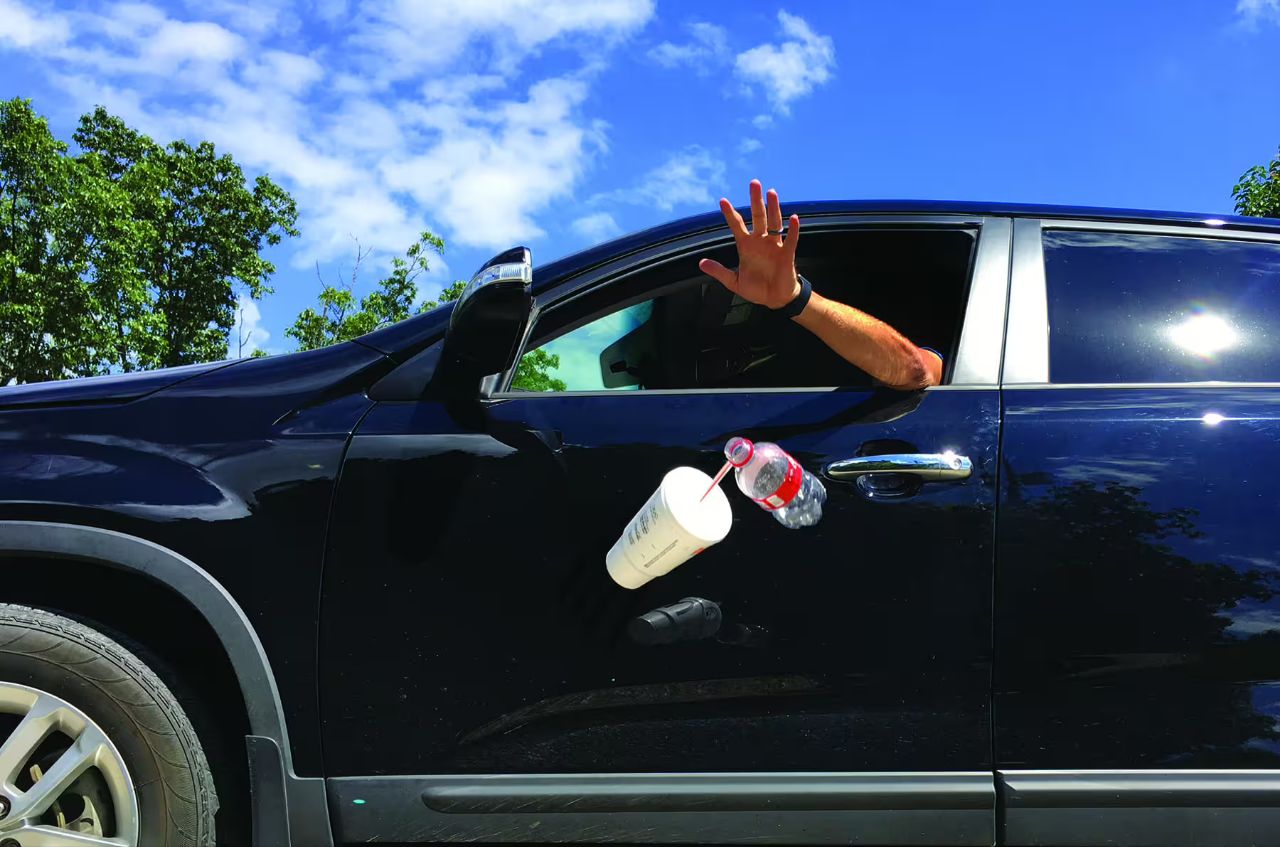Uzbekistan is considering stricter penalties for littering from vehicles, as outlined in a draft amendment to the Code of Administrative Responsibility. This is part of a broader plan to improve environmental awareness by 2030, as reported recently.
“Waste is a major source of environmental pollution, with much of it, particularly plastic, persisting for extended periods and causing significant environmental harm. A substantial portion of litter discarded from vehicles consists of plastic bottles and packaging,” states the Waste Management Agency and Circular Economy Development Agency.
Currently, Article 91-1 of the Code imposes fines ranging from 1 to 3 basic calculation units (BCU) on individuals and 3 to 5 BCU on legal entities for illegal dumping. The proposed amendment increases this to 3-5 BCU for a first offense and 10-15 BCU for repeat offenders.
Vehicle occupants are identified as a primary source of roadside litter. For instance, approximately 200,000 bags of rubbish, including fast-food packaging, cigarette butts, plastic bottles, and other waste, are collected from UK roads annually.
Studies suggest that drivers and passengers account for roughly 53% of roadside litter, commonly including cigarette butts, food and beverage containers, plastic bottles, and paper products.
Considering that Tashkent has over 638,800 registered vehicles, with an additional 150,000 to 300,000 entering daily, even a small percentage of vehicles littering would generate a significant amount of waste. The agency highlights the substantial negative environmental consequences of this.

